
views
New Delhi: Zafaryab Jilani, member and advocate of the All India Personal Law Board, said the December 19th Madras High Court judgment banning a Shariat Court functioning in Chennai will have no sweeping effect as it “goes against the 2014 Supreme Court verdict.”
The Madras High Court on December 19th banned an “illegal Shariat Court” from functioning from the Makkah Masjid in Chennai.
“SC in Vishwa Lochan Madan’s case in 2014 refused to grant relief to the petitioner where he prayed to disband and diffuse all Dar-ul-Qazas and the Shariat Courts," Jilani told News18.
“It declared them to have no legal validity, but still if a Muslim wishes to consult a scholar and solve his dispute then there was no legal prohibition. But this order to ban a particular Shariat Court violates the SC judgment,” he said.
In 2014, a bench of Justices C.K. Prasad and Pinaki Chandra Ghose gave the ruling on a public interest writ petition filed in 2005.
Advocate Vishwa Lochan Madan, in his petition, said a woman from Kukda village in Muzaffarnagar district of Uttar Pradesh was raped by her father-in-law, following which the village panchayat passed a fatwa asking her to treat him as her husband. The Dar-ul-Uloom also declared that she had become ineligible to live with her husband. This was endorsed by the All-India Muslim Personal Law Board as well.
The bench disposing the petition said that the fatwa had no legal sanction. “It cannot be enforced by any legal process, either by the Dar-ul-Qaza issuing it or the person concerned, or for that matter anybody,” it said. But it refused to ban them outright.
Jilani is even hopeful that this order “will be modified and recalled”. “This order was an ex-parte order. Advocate Muniruddin Shaikh who was appearing for the fourth respondent did not have his Vakalatnama (license to practice law) registered that day,” he said.
“Now he will submit it and present the SC judgments which clearly show that such courts cannot be banned in light of the earlier Apex Court judgments but certainly does not have any legal binding value. There is a strong hope that this order will be re-called,” Jilani added.
The December 19 order primarily targeted towards the functioning of a Shariat Court within the premises of Makkah Masjid in Chennai not only declared it illegal but also ordered the State government to file a status report ensuring its closure. Advocate Sirajuddin who appeared for the petitioner in the case told News18 that although the order was only for a particular Shariat Court, there “exists a strong feeling of presence of other such courts as well.”
But far from refuting the courts order, Mehmood Madani, general secretary of Jamiat Ulema-e-Hind told News18 that the court was wrong to see these as ‘Shariat Courts’ and these are mere ‘grievance redressal centers.”
“The entire issue has been misunderstood by the court. These centers work on the way of consent when people willingly come here to resolve disputes according to Islamic Shariat law and an alternative to the courts. But in no way does these centers compare to the judicial mechanism present in the country and thus banning a Shariat court makes no sense,” said Madani.
Madani even said that the divorce which is granted in the courts of India is not according to the Shariat and hence people often resort to such centers and carry the divorce and other matrimonial proceedings.
“The Kanpur Dar-Ul-Qaza Mufti was called to the Kanpur court to explain as to why he had pronounced a divorce. But after the Mufti explained the process followed by him, the court ended up praising him,” said Madani who maintained that Fatwa and opinions are often confused and everything that court or the media considers as Fatwa are often merely opinion and are never binding or mandatory.
Shariat Courts usually function in mosques or madrasas presided by a senior Mufti or an Islamic scholar. These courts are usually resorted to by Indian Muslims to ensure that any kind of dispute or problem is resolved in lines with Islamic law or Shariat without any intentional deviation.
These courts often issue decrees or fatwas declaring a particular act or thing against Islam. However such decrees do not have any legal validity and cannot be enforced in any way unless a person wishes to follow it personally.
“We know that there are indeed such courts functioning within religious premises, but we cannot take any step since we do not have any concrete proof against them,” said Sirajuddin, who believes that this order was in line with previous SC judgments and there have been no violation as such.
Qazi Misbah-Ul-Haq, chief of Dar-Ul-Qaza located at Urdu Bazaar near Jama Masjid Delhi, told News18 that although such courts do not have any legal sanctity, “a Muslim abides by the decision only because of his conscience and in no way does it compare to Indian law or courts.”
“When a fatwa is issued, then whether you follow it or not is your call. We can never compel you but often one abides by them because it is issued by a scholar who is better read than a lay Muslim. Yes Indian law is supreme, but for us our religion comes first,” said the ‘Shahr’ Qazi who had been at the helm of the Dar-Ul-Qaza since the last three decades.
However Haq said that a primary reason why such courts are often resorted to in spite of orders from the Supreme Court is because of the “financial ease it guarantees and the time within which decrees are passed.”
“Why do the poor go to peer-babas or small-scale doctors? It’s the same with Shariat Courts, not only is the Mufti well versed with the religious law, here the judges are easily accessible and justice is dispensed quickly which is often cumbersome when one follows the proper legal route,” he said.











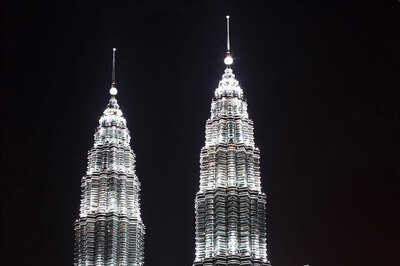

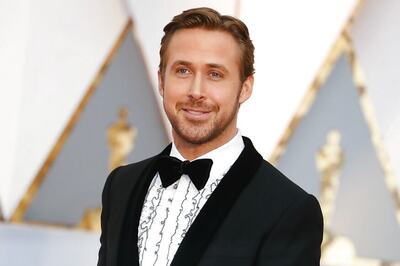
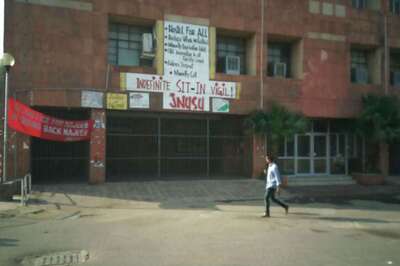

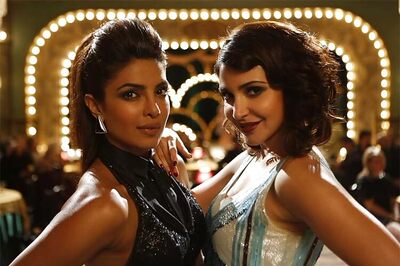

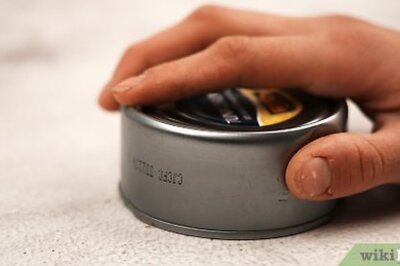
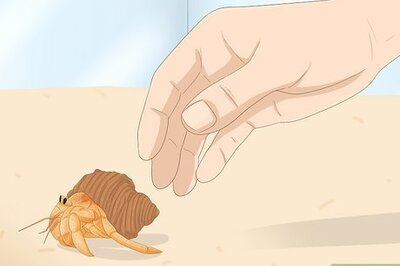
Comments
0 comment